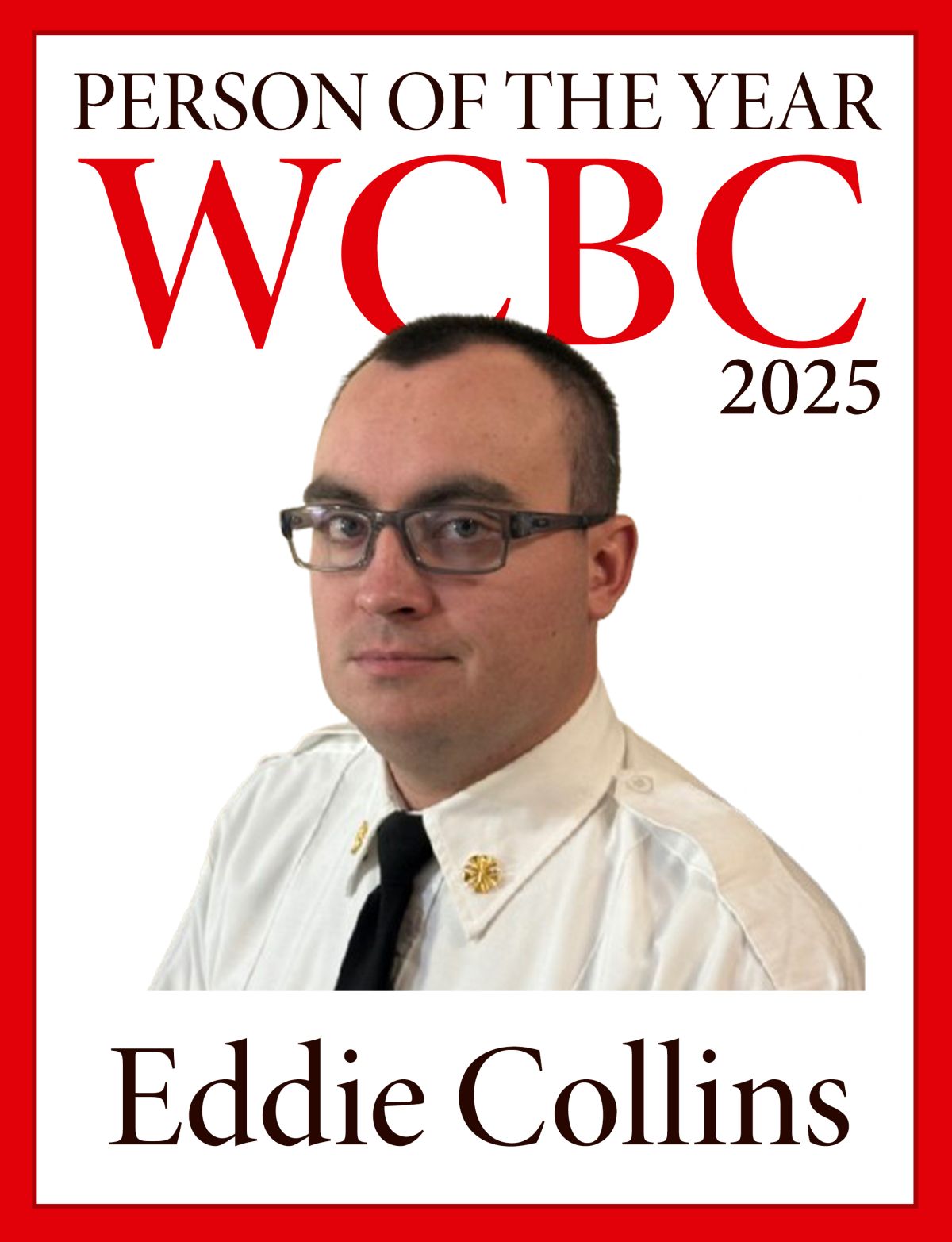July 13th, 2016 by WCBC Radio
West Virginia Attorney General Patrick Morrisey called upon officials to remove questions from a federal hospital survey, which he believes encourages doctors to over prescribe opioids.
The Attorney General outlined his concern in a letter sent July 7 to the Centers for Medicare & Medicaid Services regarding its Hospital Consumer Assessment of Healthcare Providers and Systems Survey. The letter highlights three questions linking pain management with government reimbursements.
“This needs to change now, and you have the power to change it,” Attorney General Morrisey wrote in the letter. “I urge you to proactively remove the pain questions and stop incentivizing opioid prescribing.”
The consumer assessment survey consists of 32 questions. The letter raises concern with three – “During this hospital stay, did you need medicine for pain?” “How often was your pain well controlled?” “How often did the hospital staff do everything they could to help you with your pain?”
The letter cites two studies that found nearly half of respondents improperly prescribed opioid painkillers in direct response to those questions. The Attorney General suggests removing the questions will empower physicians to practice without fear of a poor survey score jeopardizing their compensation or employment.
Just last week, the Department of Health and Human Services announced it would propose a rule with that goal in mind. Legislation also sits pending before Congress to prevent such questions from being considered when allocating Medicare funding to hospitals.
In 2015, West Virginia recorded approximately 686 drug overdose deaths, including 598 opiate-related fatal overdoses. That’s one year after West Virginia led the nation in drug overdose deaths at a rate of 35.5 per 100,000 people.
Reversing that trend has been a top priority for the Attorney General. He has fought the epidemic on multiple fronts with criminal prosecutions, increased funding, education, civil litigation, multi-state initiatives and a recent capacity-filled conference that engaged the faith-based community.





.jpg)











